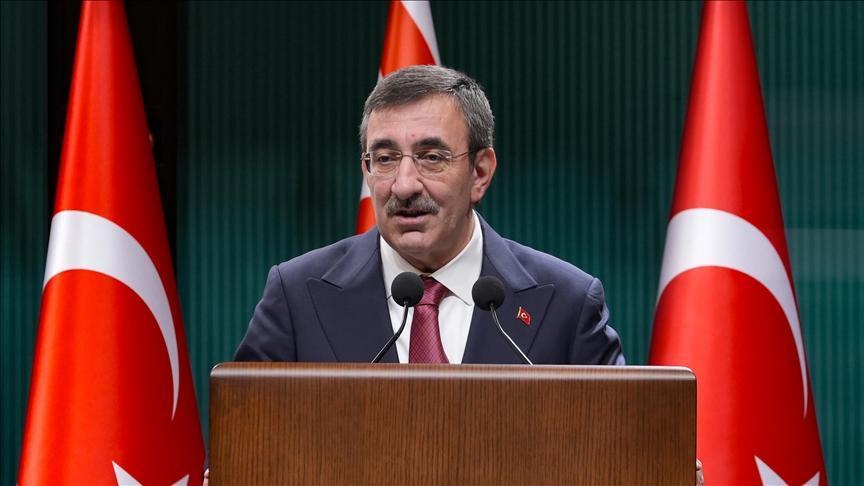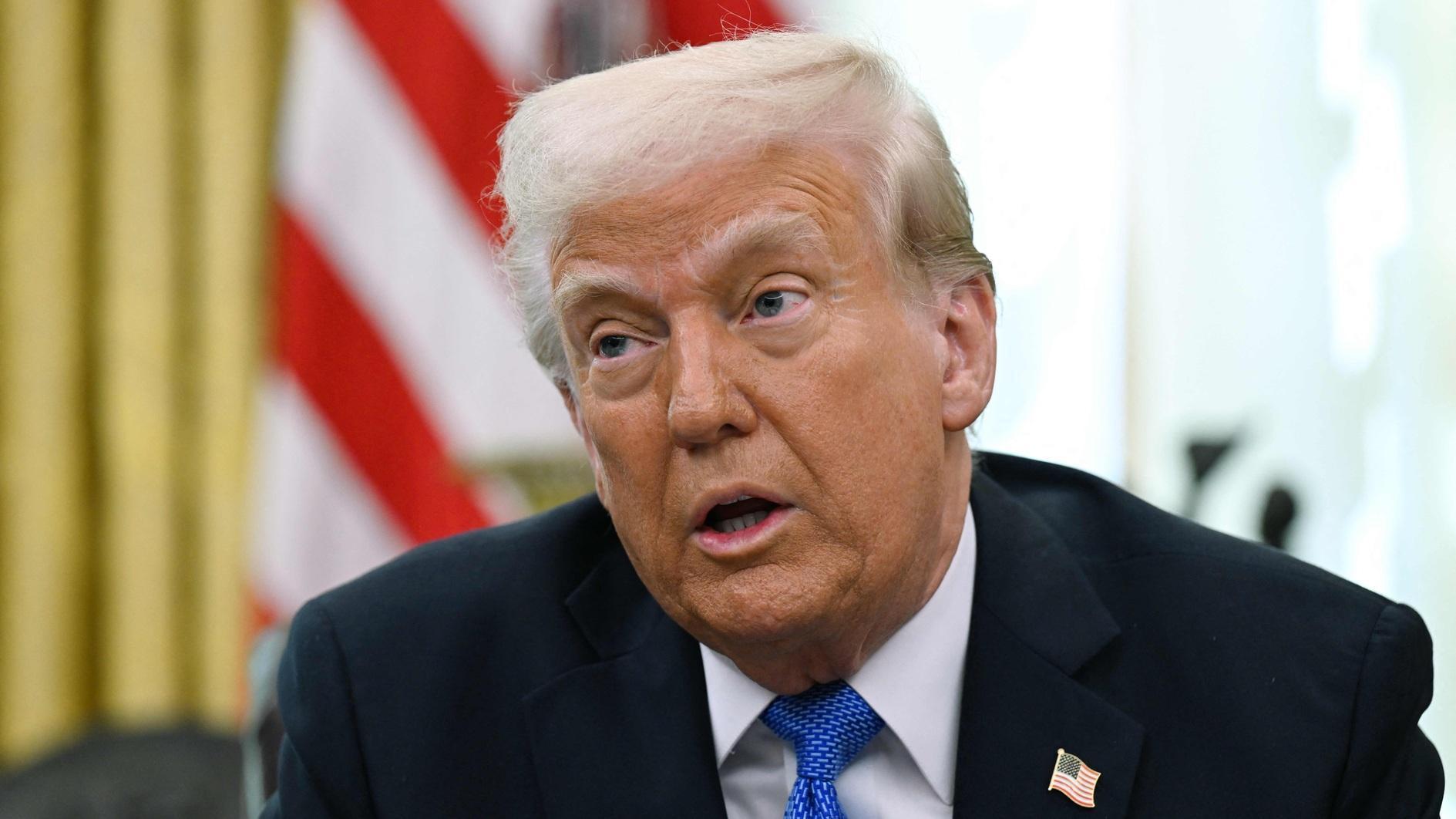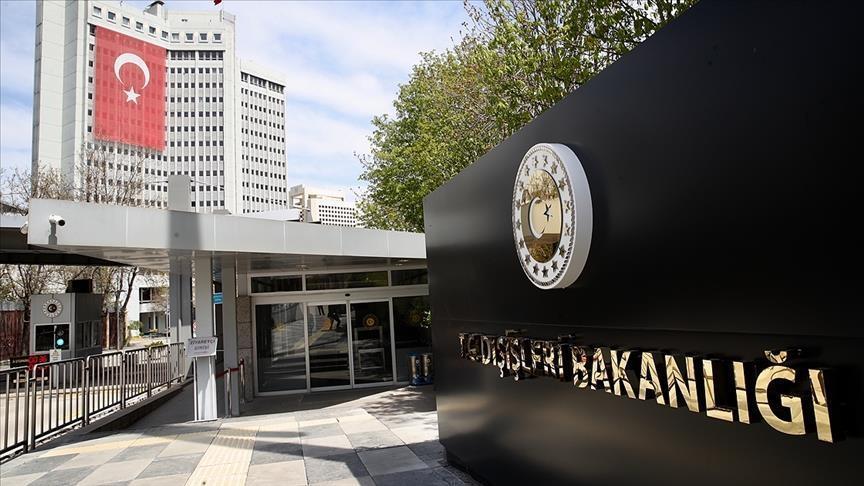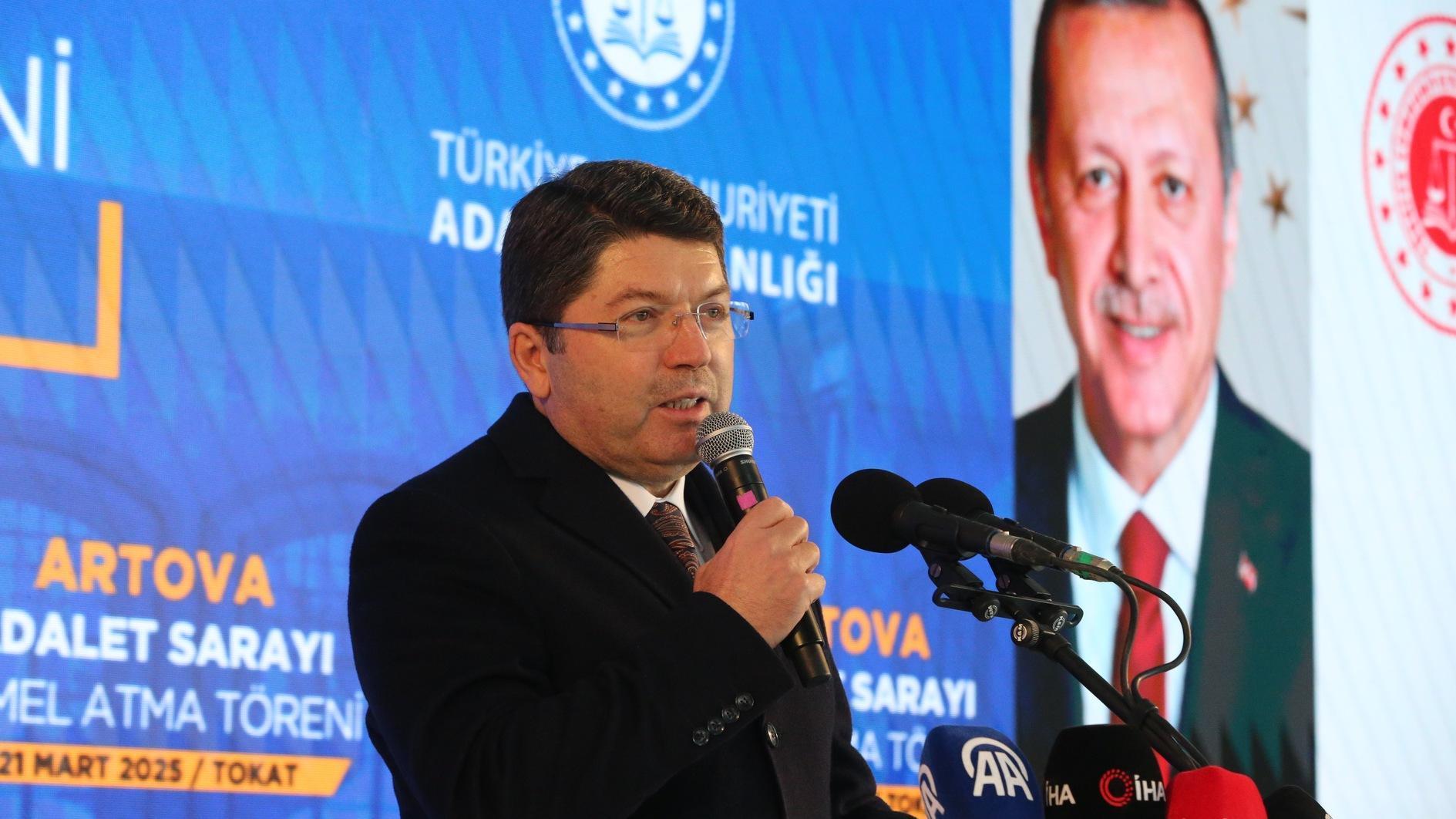Ankara must convince Syrian opposition
President Abdullah Gül, in remarks to the Guardian on Sunday, warned against allowing Syria to become a Mediterranean Afghanistan, and said the international community, which he accused of inaction in the face of this crisis, “must have a very solid position with respect to Syria.”
Gül also blamed Turkey’s allies for not supporting Ankara’s initial efforts to negotiate with President Bashar al-Assad. He was referring to the six hours of unsuccessful talks Foreign Minister Ahmet Davutoğlu had with al-Assad in August 2011 in Damascus, during which he tried to convince the Syrian dictator to opt for democratic reforms.
That meeting has become the basis of the Erdoğan government’s often repeated argument that it did its best to convince al-Assad to do the right thing when everyone else was shying away from getting involved. Gül was merely repeating this argument.
Turkey at that stage was flying high in terms of self-assurance. The assumption in Ankara was that al-Assad, like Zine El Abidine Ben Ali, Hosni Mubarak, and Muammar Gadhafi, would fall quickly and Turkey would step in as a predominantly Islamic soft power to act as midwife for Syrian democracy.
It was also not far from the minds of senior Justice and Development Party (AKP) officials that Syria is a predominantly Sunni country, and the ballot box in that country would bring the Muslim Brotherhood – considered an Islamic ally by the AKP – to prominence, as it did eventually in Egypt.
But there were reasons why the international community was cautious on Syria. It was realized early what a hornet’s this would be, even if few had a clear notion of how matters would unfold. Ankara’s instincts at the time, however, failed to consider the demographic and sociological factors that rapidly turned the crisis in Syria into a sectarian civil war.
It also underestimated the importance of the Moscow-Damascus and Tehran-Damascus links, which not only provided al-Assad with political support but also a well-supplied military. There was also al-Assad’s stock of chemical weapons, which made Syria not just a regional, but also a global issue.
One is always wiser in hindsight and it is easy to suggest now that Turkey had its head in the sand at the start of the crisis, with lofty notions about its regional influence.
The problem is that Ankara, after the famous six hours in Damascus, insisted on failing to see what was brewing in that country.
Instead, it became a party to the conflict by basing its policy on the singular need to oust al-Assad by force. It even supported al-Qaeda-affiliated groups fighting al-Assad to expedite this outcome. By taking sides in this way, Ankara also revealed its heavy Sunni leanings, and disregarded the security interests of the other groups in Syria. This, in turn, alienated Christian and Shiite communities and countries in the Middle East.
All of this resulted in Turkey’s losing its capacity to influence the efforts now being spearheaded by Moscow and Washington to solve the Syrian crisis though negotiations. Gül now expects “a very solid position with respect to Syria” from the international community.
If what is meant by this is that the international community must adopt Turkey’s singular stance on Syria, this means the nature of this crisis and where the world stands in terms of trying to end this crisis has not been understood in Ankara yet. At the moment, the only game in town for the international community is Geneva II.
The Erdoğan government says it is supporting this process, but it is seen to be doing so begrudgingly. The best way for Ankara to be an active part of efforts to solve the Syria crisis now is not to keep blaming the international community for being inactive, but to convince the Syrian opposition, which refuses to go to Geneva, that the only option left to solve this crisis, and end the slaughter of innocents as soon as possible, is a negotiated settlement.











